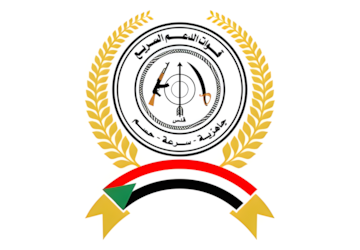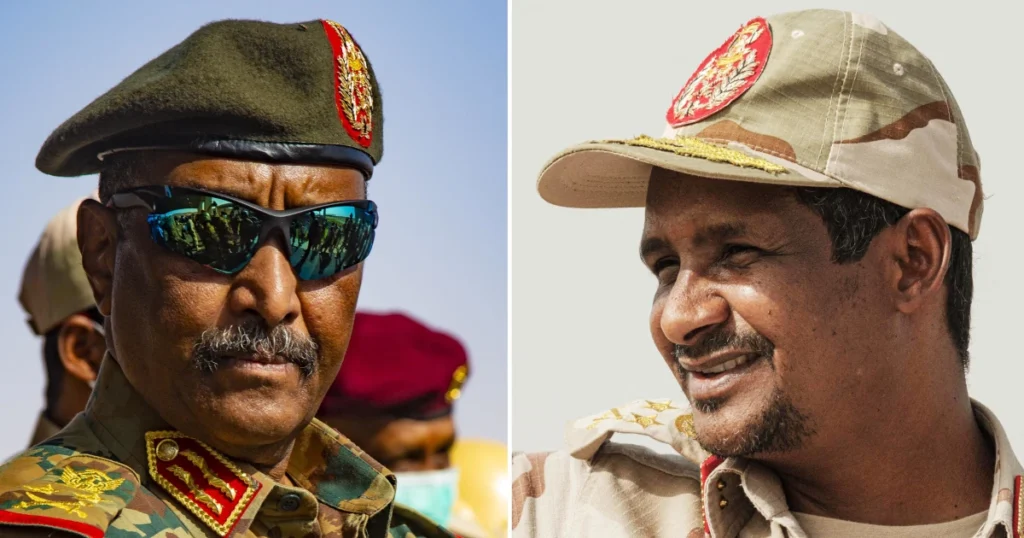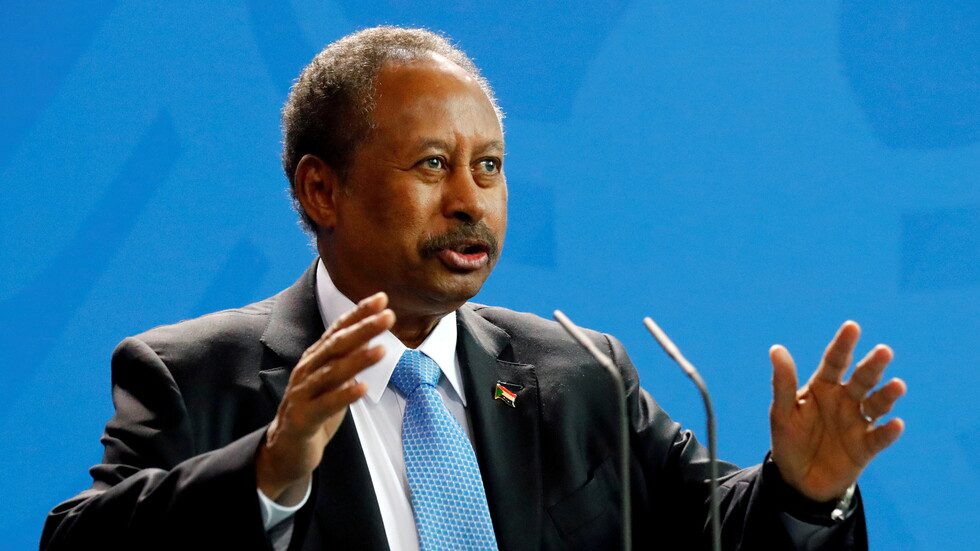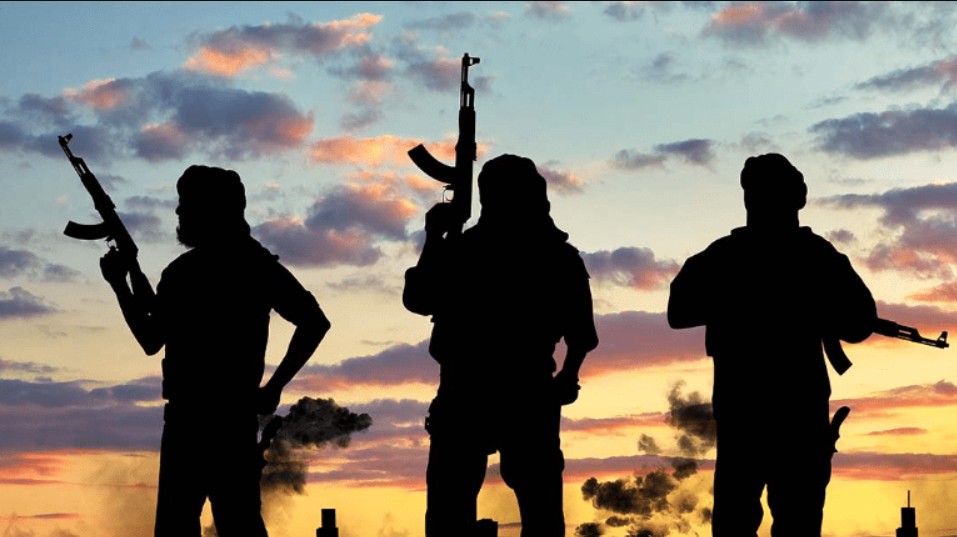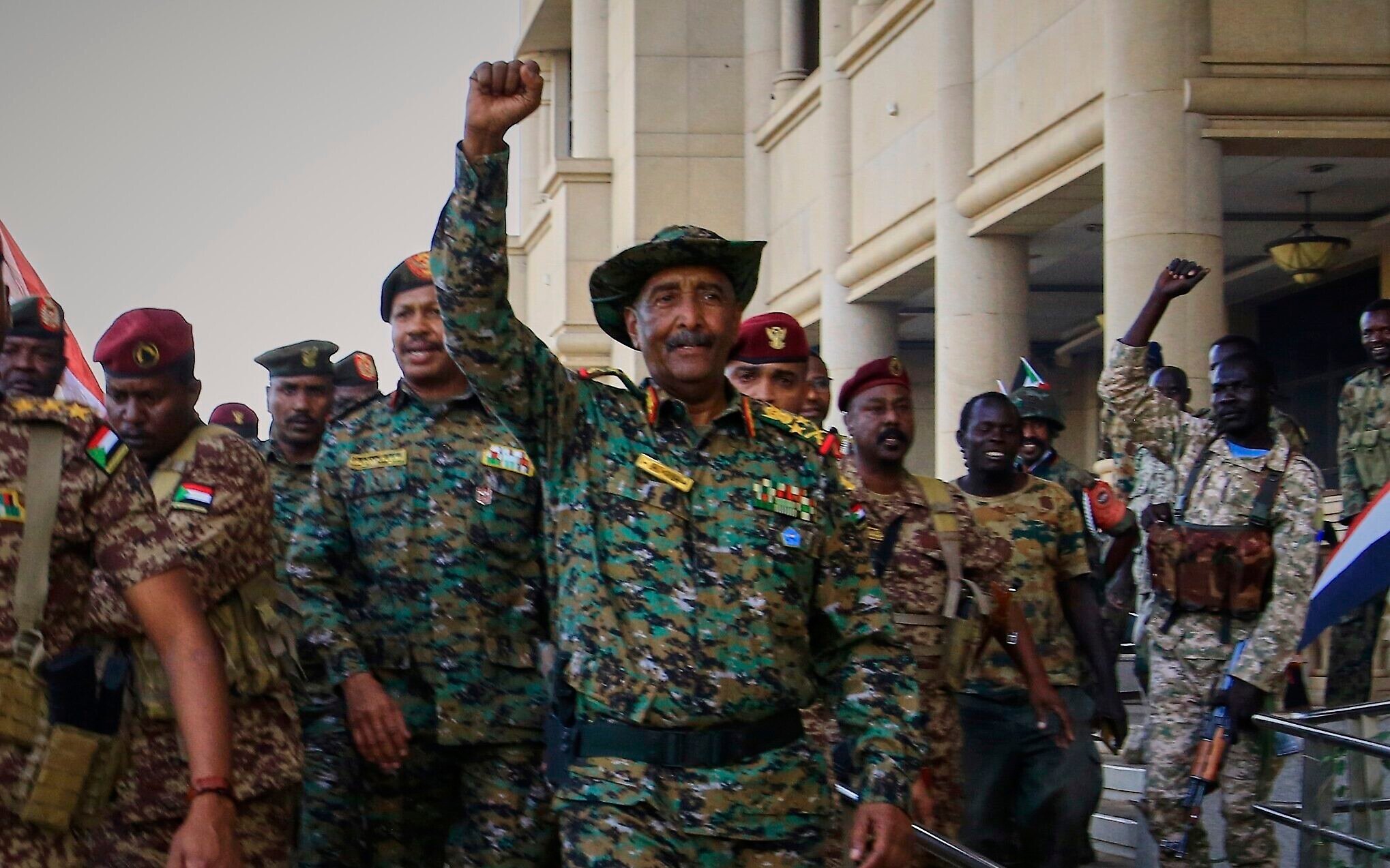
A Hebrew-language report says recent US sanctions on Port Sudan junta finance minister Jibril Ibrahim and the al-Baraa bin Malik Battalion signal a push to hem in Iranian activity in Sudan and the growing ties between Tehran, Islamist groups and political figures there.
The US Treasury framed the measures as targeting Sudan’s Islamists and Iran’s regional operations that Washington says fuel instability.
Ibrahim, who leads the Justice and Equality Movement (JEM), visited Tehran in November 2024, with both sides pledging deeper cooperation. Khartoum and Tehran restored diplomatic relations in 2024 after nearly eight years of rupture that followed the 2016 storming of the Saudi embassy in Tehran.
The renewed ties have opened channels between Iran and Sudanese Islamist-aligned actors, notably the al-Baraa bin Malik Brigade, which resurfaced in 2023 and has fought alongside General al-Burhan’s army (SAF) against the Rapid Support Forces. The group, linked to Sudan’s Muslim Brotherhood and recruiting heavily from student organizations, is accused by rights groups of abuses including extrajudicial killings, arbitrary detention and torture.
Cameron Hudson of the CSIS Africa Program said details in the US sanctions indicate Iran’s Islamic Revolutionary Guard Corps is already on the ground providing training to Sudanese Armed Forces personnel—claims Sudanese officials have downplayed. As the SAF sought new arms sources after war erupted with the RSF in 2023, multiple reports alleged a March 17, 2025 Iranian flight landed in Port Sudan carrying Mohajer-6 and Ababil-3 attack drones and anti-tank missiles before returning to Tehran the same day.
Washington says Ibrahim and the al-Baraa formation helped channel military support to the SAF via Iran-linked financing networks. Several reports estimate the brigade’s strength at about 20,000, with many veterans drawn from the 1990s Popular Defense Forces. Led by Misbah Abu Zaid Talha, the unit kept a low profile for years before re-emerging when the SAF-RSF fighting began in April 2023.
Ibrahim’s JEM, an armed movement rooted in Darfur and historically tied to Islamist leaders such as Hassan al-Turabi, has deployed thousands of fighters in support of the SAF and faces accusations of killings and displacement of civilians. JEM denies serving any external or ideological project, saying Ibrahim’s Tehran trip was a legitimate ministerial mission.
Hudson called the sanctions a clear warning to Port Sudan junta: any formal outreach to Iran could bring swift consequences. It remains unclear whether US pressure will sever links between Iran and Sudan or Islamist factions there. Military analyst Amer Hassan Abbas argued individual designations add little to existing sanctions and said Iran’s ties with Sudan are mostly political, noting the absence of declared bases or training missions.
Washington, however, sees expanding Sudan-Iran military cooperation as a Red Sea security risk that could give Tehran a strategic foothold in Africa. Port Sudan junta says US measures won’t advance their stated goals, framing engagement with foreign partners as a sovereign decision and rejecting the notion of Iranian tutelage. For now, the door to external interference in Sudan appears to remain ajar.

